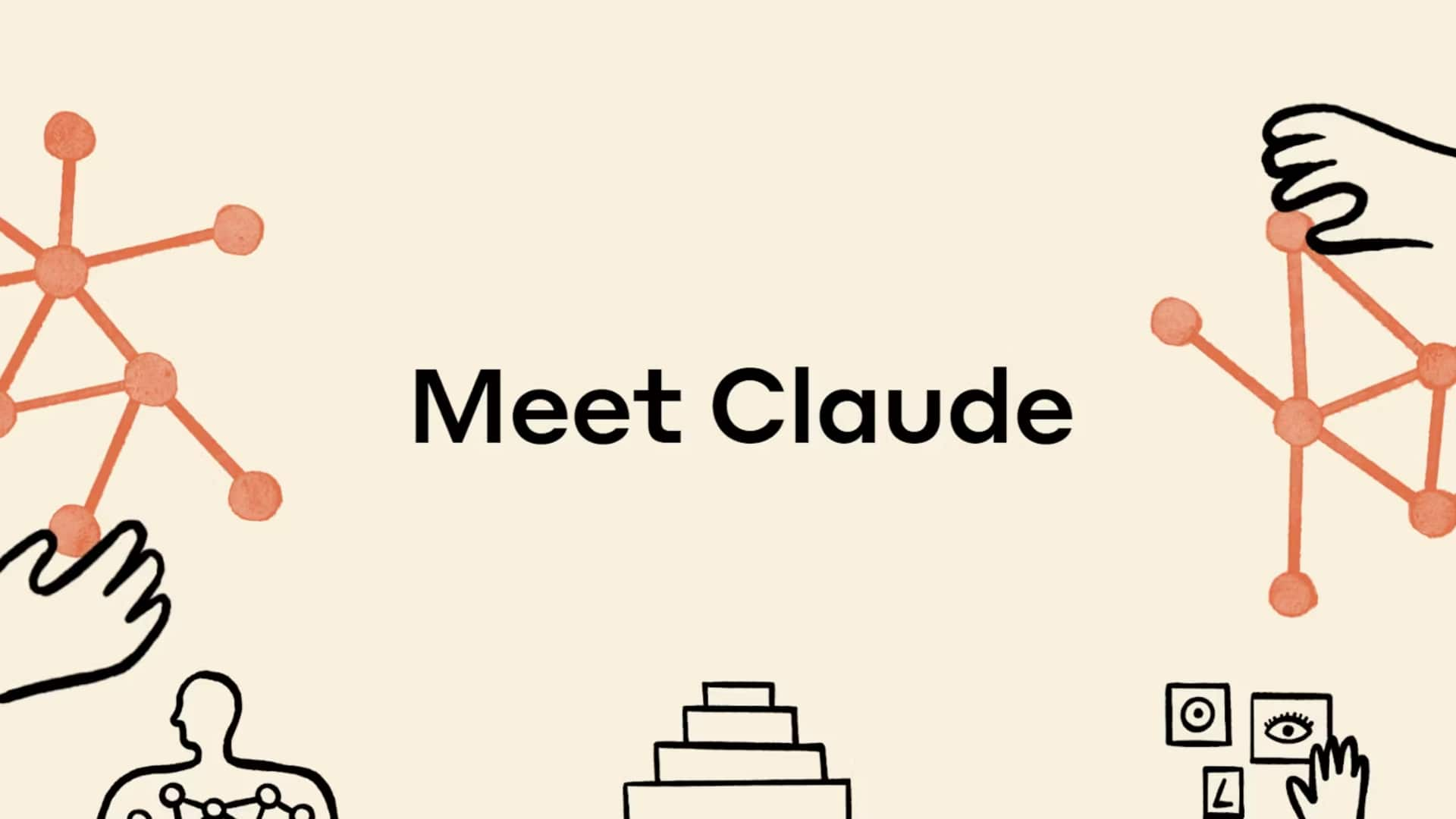
Anthropic's Claude can now analyze 150,000 words in one prompt
What's the story
Anthropic, an AI start-up supported by Google and founded by ex-OpenAI engineers, has launched an update for its chatbot, Claude. This update doubles the Claude chatbot's token limit to 200,000, allowing it to analyze over 500 pages of content. This groundbreaking feature, which the company calls an "industry first," surpasses GPT-4's 32,000-token limit. Claude can now review entire codebases or lengthy works like the "Iliad" but this higher token count is only available to Anthropic's Pro plan users.
Details
The chatbot has a reduced hallucination rate and enhanced capabilities
The new Claude 2.1 has cut its hallucination rate by 50%, leading to fewer incorrect answers. The chatbot can now search the internet or use a calculator through customizable tools. It also supports custom persistent instructions and offers a test window for experimenting with prompts. According to Anthropic, Claude 2.1 is twice as likely to admit uncertainty instead of giving wrong information and makes 30% fewer mistakes in very long documents.
Insights
Claude can analyze large documents and has improved response time
With its 200,000-token context window, Claude 2.1 can analyze academic papers, financial statements, or lengthy literary works like Homer's "The Odyssey." 200,000 tokens translate to about 150,000 words or over 500 pages, per Anthropic. The chatbot can provide summaries, answer specific questions, compare multiple documents, or spot patterns that humans might find challenging. However, Anthropic cautions that analyzing and responding to very long inputs may take the AI bot a few minutes, with latency expected to decrease as technology advances.
Facts
There are new developer features in Claude 2.1
For developers, the updated chatbot offers several benefits. A new Workbench console lets developers fine-tune prompts "in a playground-style experience and access new model settings to optimize Claude's behavior." Claude is also now closer to ChatGPT with its new beta "tool use" feature. Users can connect API tools, and Claude will choose the best one for the job based on context. This includes using a calculator or web search, translating plain language to structured API calls, or connecting product datasets.